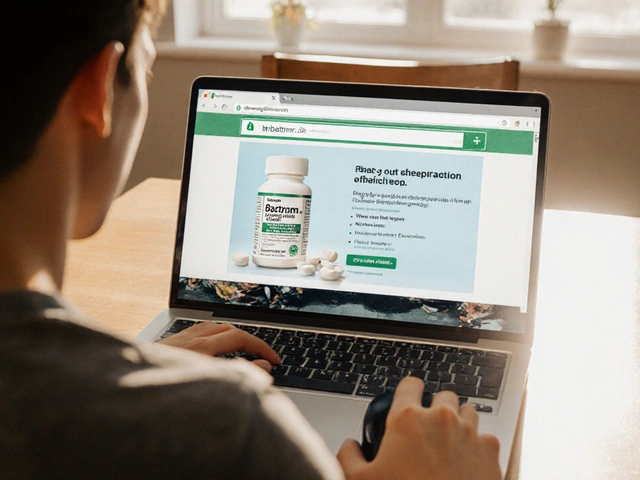Herbal Supplements: What Works, What’s Risky, and How to Choose
Herbal supplements are everywhere — from pharmacy shelves to influencer ads. Some help with sleep, digestion, or mild anxiety; others promise more than they can deliver. The trick is knowing which herbs have real evidence, which are safe, and which need extra caution.
Start with a clear goal. Are you trying to sleep better, ease joint pain, or support digestion? Pick one target and research herbs tied to that problem. For sleep, melatonin and valerian have some solid studies. For joint support, turmeric and boswellia show benefit in many trials when taken consistently.
Check safety before you buy. “Natural” doesn’t mean harmless. St. John’s wort can interfere with many drugs, including birth control and antidepressants. Kava has been linked to liver damage. If you take prescription meds, ask a pharmacist or doctor before adding any herb.
Look at labels carefully. Choose supplements that list the plant part used, the standardized extract percentage (like 95% curcumin), and a clear dose. Avoid proprietary blends that hide ingredient amounts. Third-party testing seals from USP, NSF, or ConsumerLab add confidence.
Quality varies by brand and harvest. Plants grow differently depending on soil, weather, and processing. Higher price often reflects better sourcing and testing, but not always. Read reviews, check the company’s sourcing page, and pick brands that publish test results.
Dose matters. Some herbs need large doses to work; others can cause harm at high levels. Start with the lowest effective dose. If you feel side effects like stomach upset, headache, or unusual tiredness, stop and check with a professional.
Common Herbal Choices and Evidence
Here’s a quick look at commonly used herbs and what studies say:
Turmeric (curcumin): Good for mild inflammation and joint pain when taken with black pepper or fat to boost absorption. Many trials show small to moderate benefit.
St. John’s wort: Effective for mild to moderate depression but interacts with lots of drugs.
Valerian and melatonin: Helpful for sleep problems. Melatonin works well for jet lag and shift sleep issues; valerian may need weeks to notice a change.
Echinacea: Short-term use may reduce cold duration but results are mixed.
Garlic: Can modestly lower blood pressure and cholesterol if used regularly.
How to Use Herbs Safely
Start small, track effects, and set a time limit. If you don't feel improvement in 4-8 weeks, stop or try a different approach.
Keep a list of all your meds and herbs and share it with your pharmacist. Pregnant or nursing people, children, and people with liver disease should avoid many herbs or get medical approval first.
Buy smart: use reputable sellers, check expiration dates, avoid imported products without clear testing. If cost matters, look for sales but don't sacrifice quality.
If you're unsure, ask a pharmacist at NowRx.com or your healthcare provider. Good advice saves time, money, and health. Herbal supplements can help, but only when chosen and used wisely.
Read research summaries from PubMed or trusted medical sites, not influencer claims. Evidence and safety info change, stay updated. Check labels regularly for recalls.




